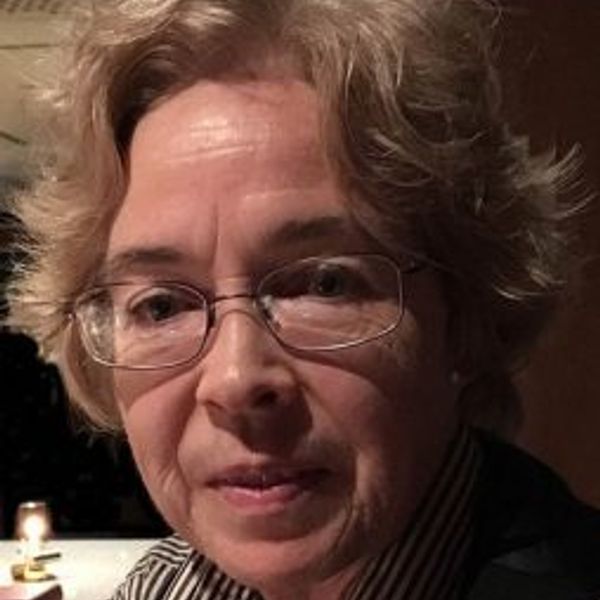Lia Purpura, Skate’s Egg Case (detail), featured in AGNI 102
Bronx
Buildings I remembered from forty years ago were still locked onto corners like great rooks, orange and yellow hulks left over from a time when men wore white shirts and women wore polka-dot dresses. I had to decide which way to go, back toward the familiar or forward toward some lesser-known world where burgeoning shapes jostled and obscured the light. It was dawn versus afternoon, shore versus forest, the milk of infancy versus the life of a reluctant hunter. I longed to see if the old boulevard still existed, if the restaurant with rounded corners and maroon seats was still there, an oddity among the sharp-angled apartment houses with their low-slung jewelry of silver chains warding off trespassers. There was newness, too. Packed in by the dozens were movie theaters with busy, Bombay-like marquees and rippling lights, even in daytime. Tailor’s shops, electronics stores, bookstores, spice stores, shoe stores, all brilliant and shabby at once, bulging out to confront me, like an exploded painting. People were walking along the streets, living simultaneously in the present and the past. Every suffering to come was enclosed in a small, jeweled box resting on a table in the foyer of each apartment. There was universal reprieve; no one had to open the box until the next day. For now there was joyous shopping and visiting of bakeries, riding on escalators, crackling of salty, braided pretzels, downing of velvety egg-creams. The little electric train bringing condiments to diners in that basement restaurant shaken by the subway traveled its secure ellipse. Salt and pepper shakers and mustard and ketchup bottles jiggled while fish-eyed men gazed at the sluggish clock. In co-op eyries, mothers made egg-salad sandwiches at green Formica tables as sparrows squabbled on fire escapes. Knifegrinders in saggy felt hats rang bicycle bells clipped to their carts as their ribby horses clopped along, the ascetic gingkoes applauding in whispers. The clanging of tools in far meadows heralded the fixing of rusted cars out by the waterfront. Raspberry-hued waiting rooms of elderly doctors and dentists were deserted like old brothels. And when evening seeped in, faint stars began to descend like powdered sugar on a blue and sculpted world. The tribe of immortal pigeons nestled its colors beneath the bridges,waiting for the sun to come whistling along at dawn with its pail of gesso, slapping light everywhere.

K. E. Duffin
K. E. Duffin is the author of the poetry collection King Vulture (University of Arkansas Press, 2005). Her poems and lyric essays have appeared in The Carolina Quarterly, Crannóg, Poetry, AGNI, Slant, Zymbol, and elsewhere, and been cited as notable in The Best American Essays. She is also a painter and printmaker. (updated 10/2018)
